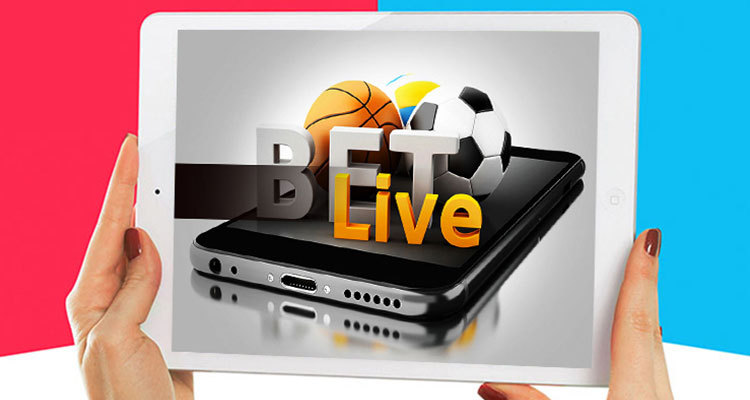In Minnesota, state lawmakers are set to discuss a new 13-page bill that would make legal, online, mobile and in-person sports wagering in the midwestern U.S. state.
According to B2B online magazine, iGaming Business…
SF1984, which is sponsored by a handful of senators, would see the ‘Minnesota Sports Wagering Commission‘ established as the regulating body for the market. The new commission would be responsible for awarding licenses, with a 6.75 percent tax on operator’s sports wagering net revenue.
Mobile and online wagering:
In addition to in-person sports betting at recognized tribal-run casinos or at racetracks within the state, if passed, licenses would enable consumers to wager via mobile app and with other electronic devices online. Consumers would also be able to bet on collegiate and professional sporting events, however, placing wagers on virtual events would not be allowed in the state. Any individual 18 and over would be able to place legal wagers.
License fee not mentioned:

While the bill states the percentage operators are to be taxed, it did not reportedly indicate the cost of a sports betting license under the new regulations. A fee is mentioned within the language of the bill, but it does not currently specify an exact figure, according to the news agency.
Garofalo bill:
In February, a new Minnesota sports betting bill was unveiled in the capital by State Representatives Pat Garofalo (R-Farmington). The ‘Safe and Regulated Sports Gambling Act of 2019‘ would, like SF1984, create the Minnesota Sports Wagering Commission, which would be responsible for developing the regulations for in-person sports betting, as well as remote sports betting.
Under the provisions, the only properties that could seek licensure in Minnesota would be the state’s 19 tribal casinos currently operated by 11 federally recognized tribes.
Only retail sportsbooks and on-site mobile wagering platforms are permitted in Garofalo’s bill, it does, however, expressly allow wagering on any professional or NCAA D-I sporting event. No mention is made of an integrity fee or any other allotment to the sports leagues.
“For too long, Minnesotans wanting to place bets on sporting events have had to rely on an unregulated process. This legislation brings the sports gambling industry out of the shadows and ensures that consumers have the proper protections in place that allow for a fair and transparent experience.”
Thursday debate:
The Minnesota Senate Tax Committee is set to debate the sports betting bill at a hearing on March 7, 2019. Should SF1984 become law, it would become effective next year on September 1.



